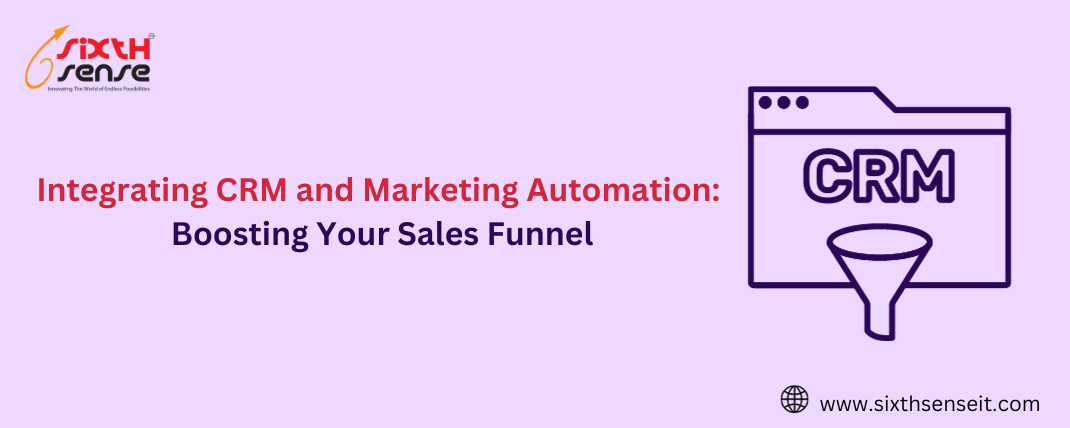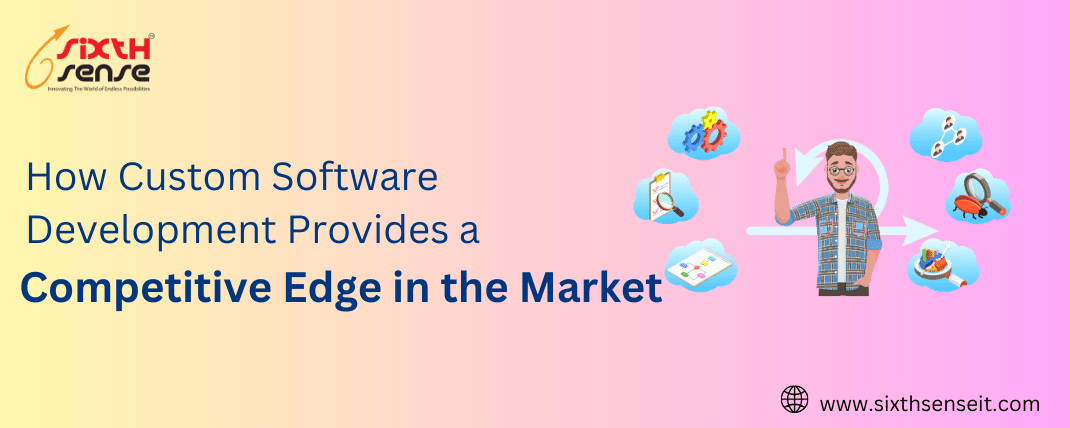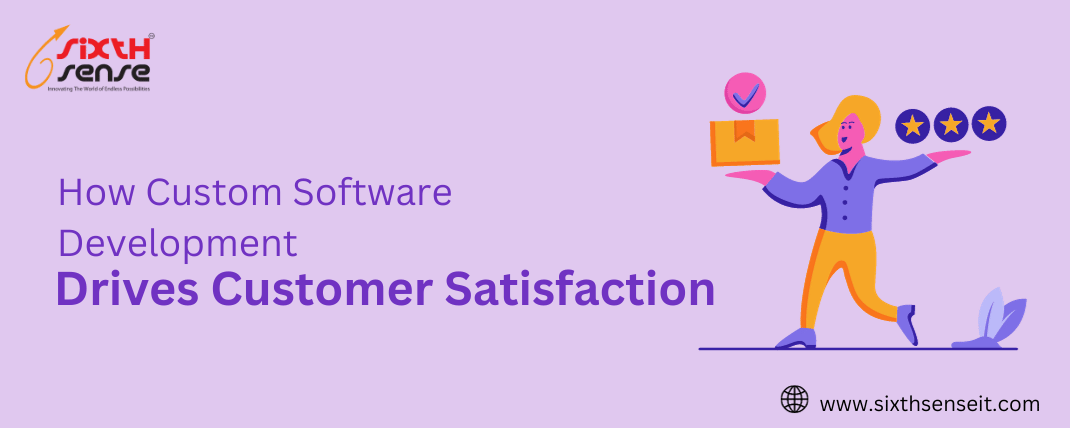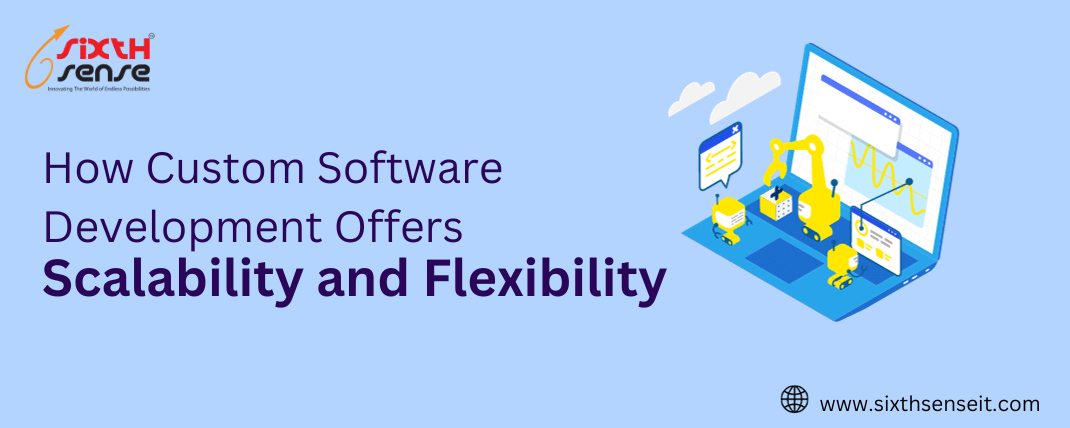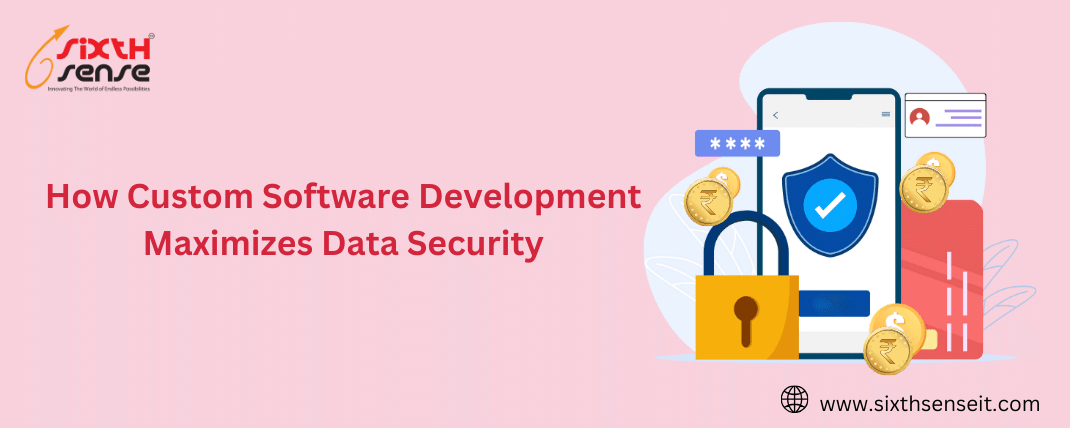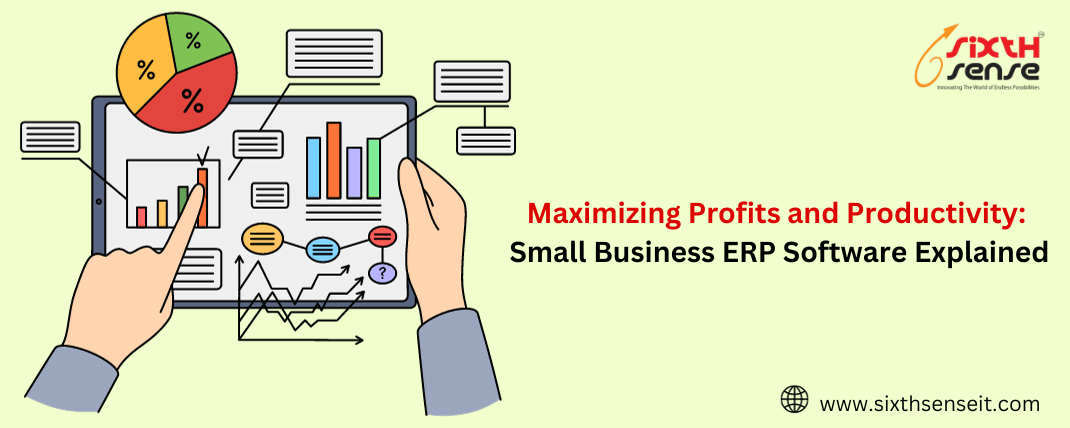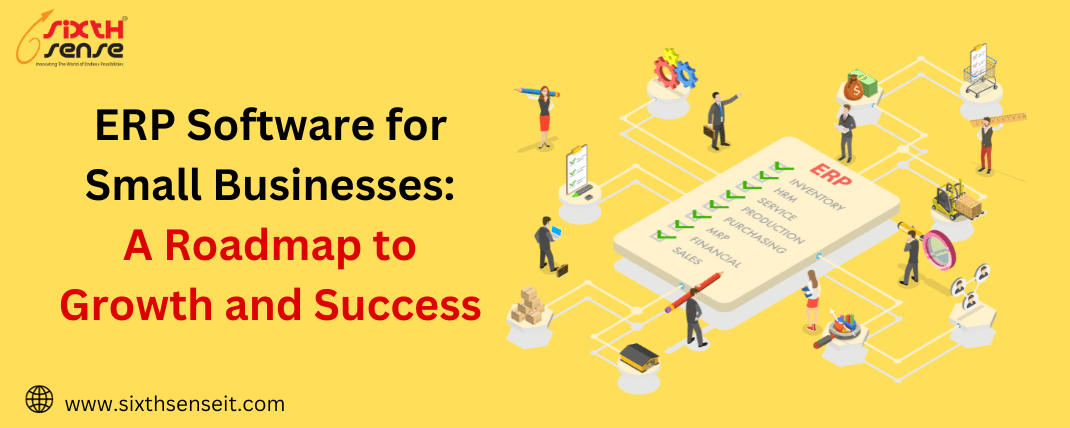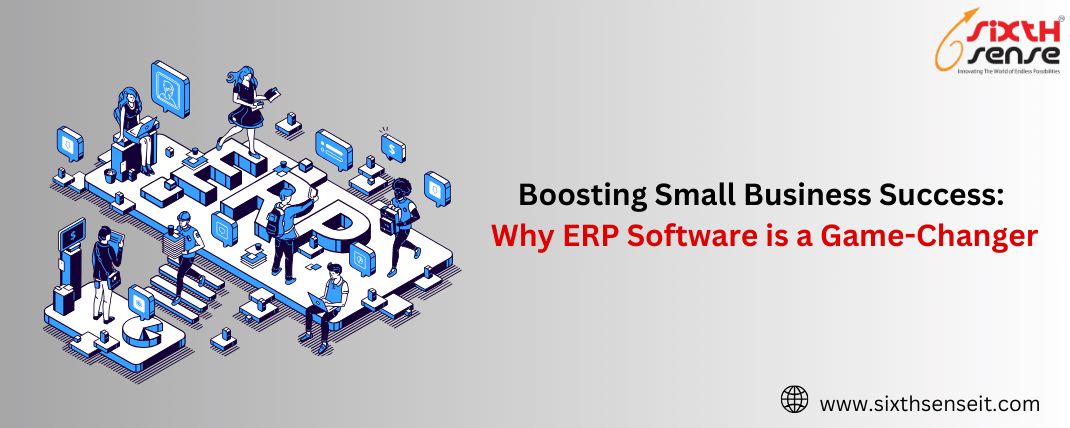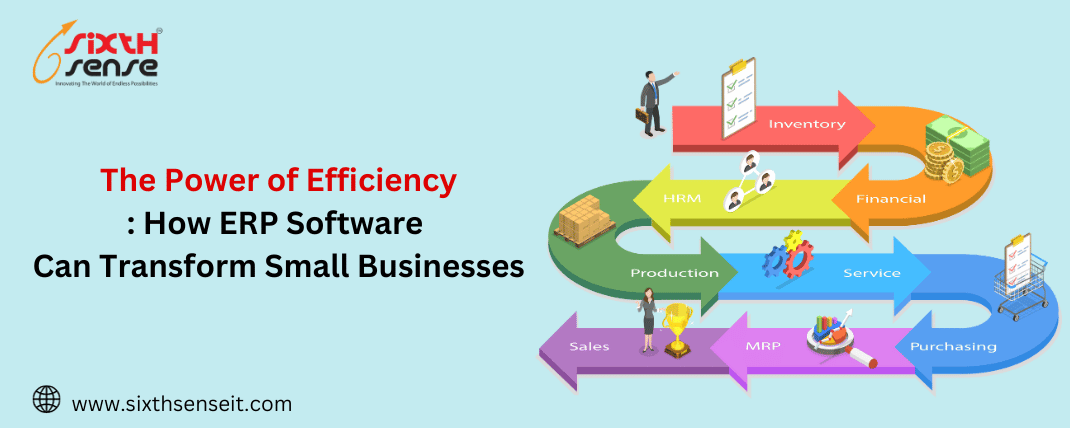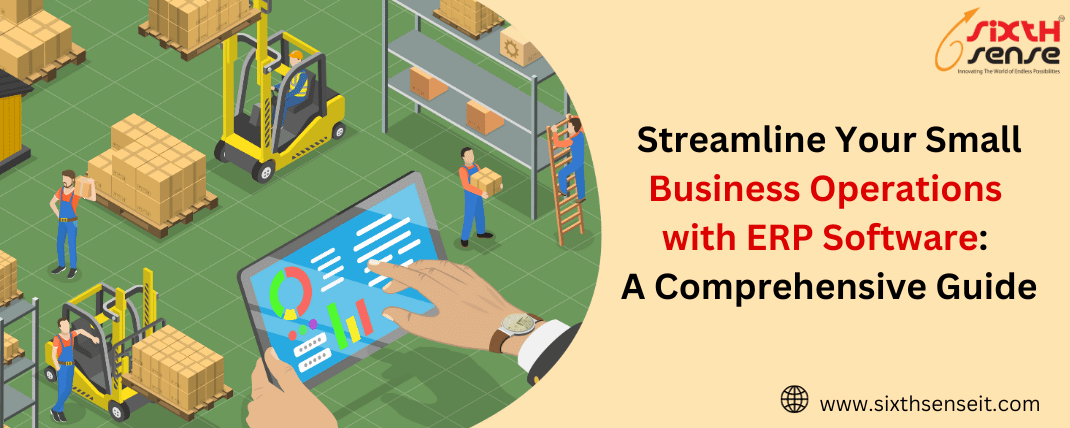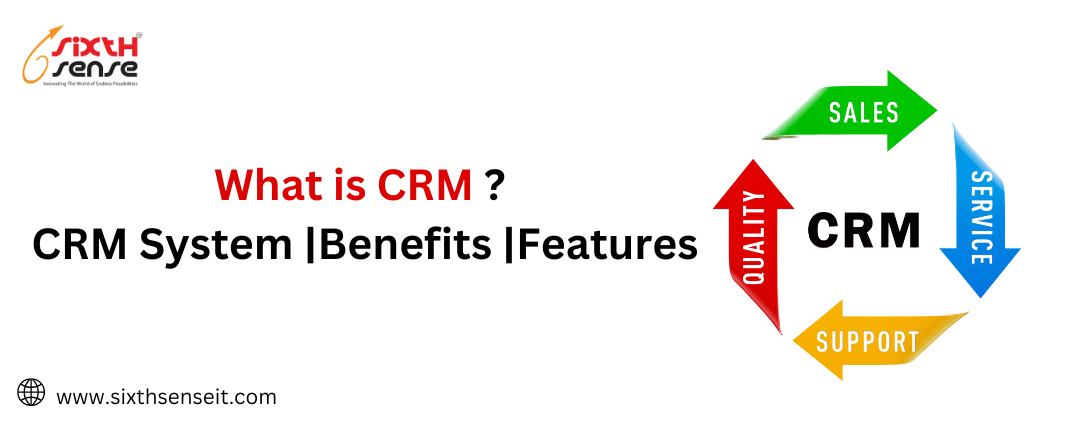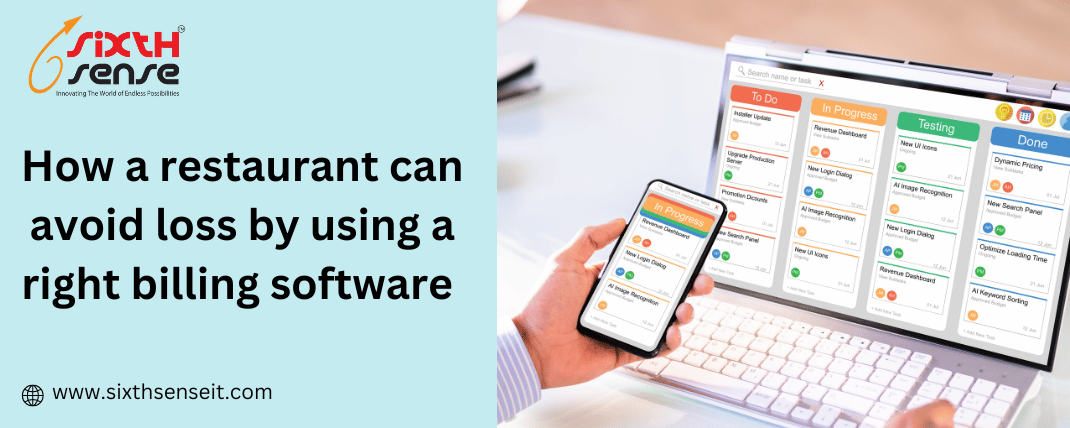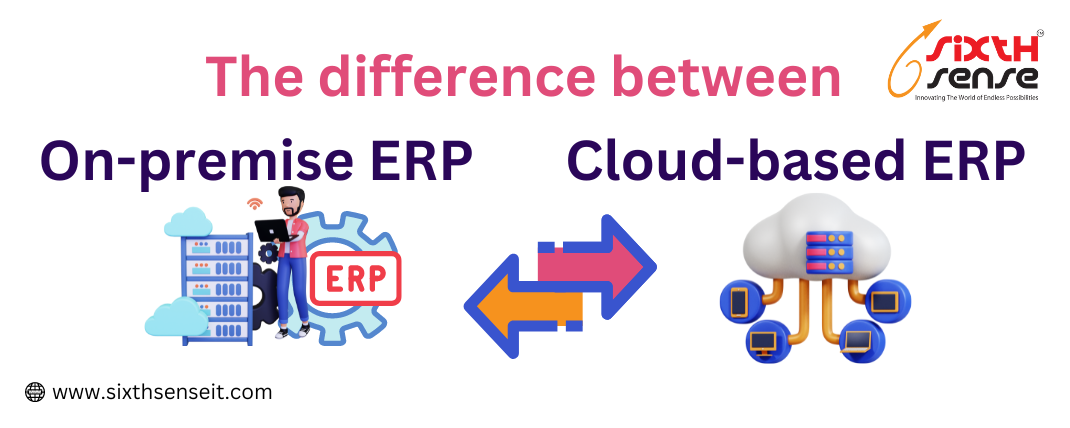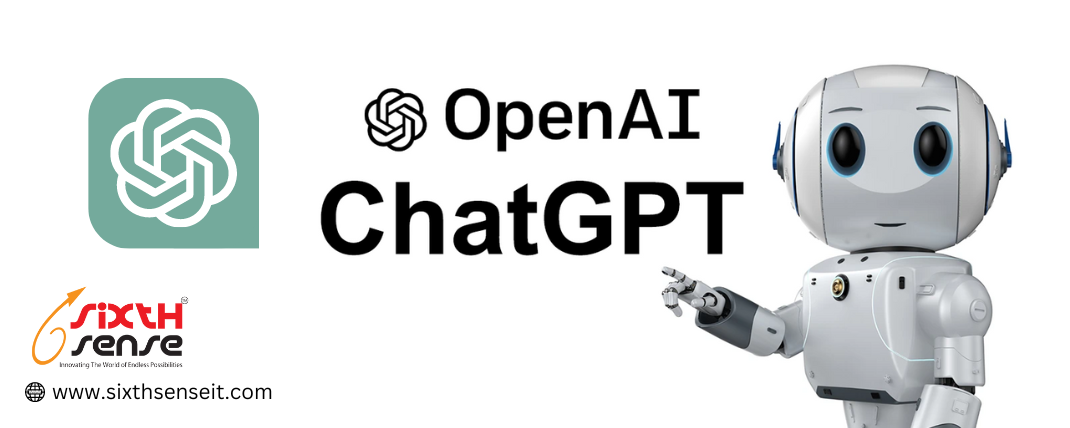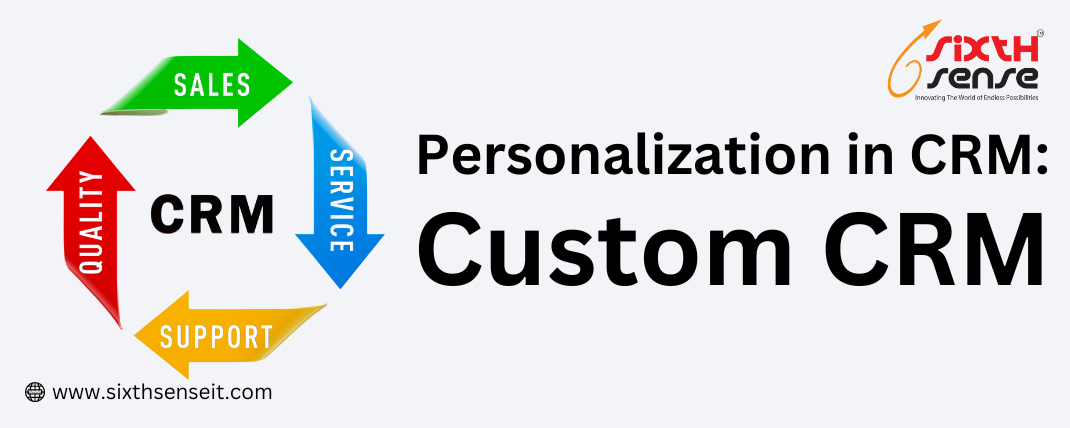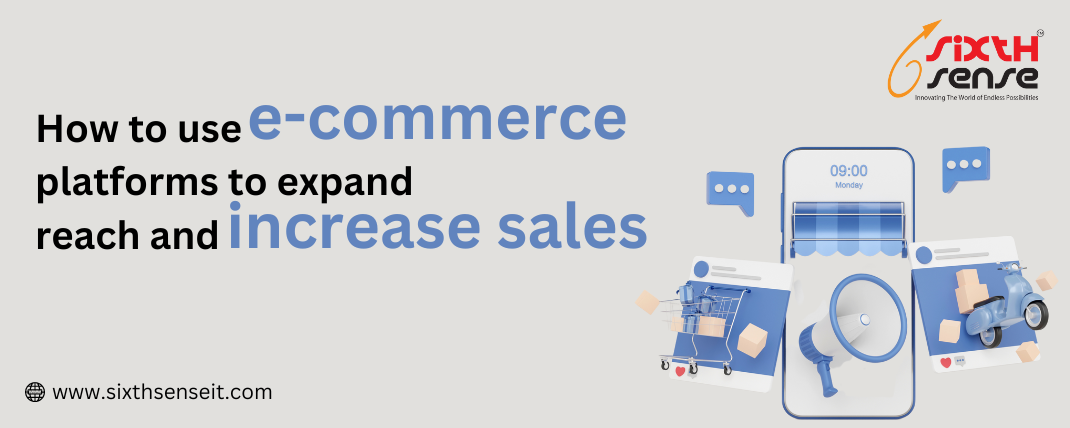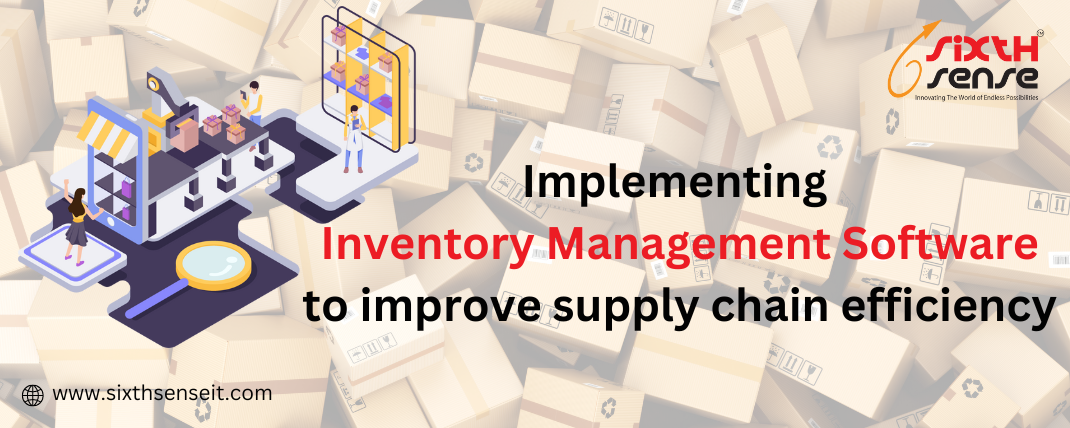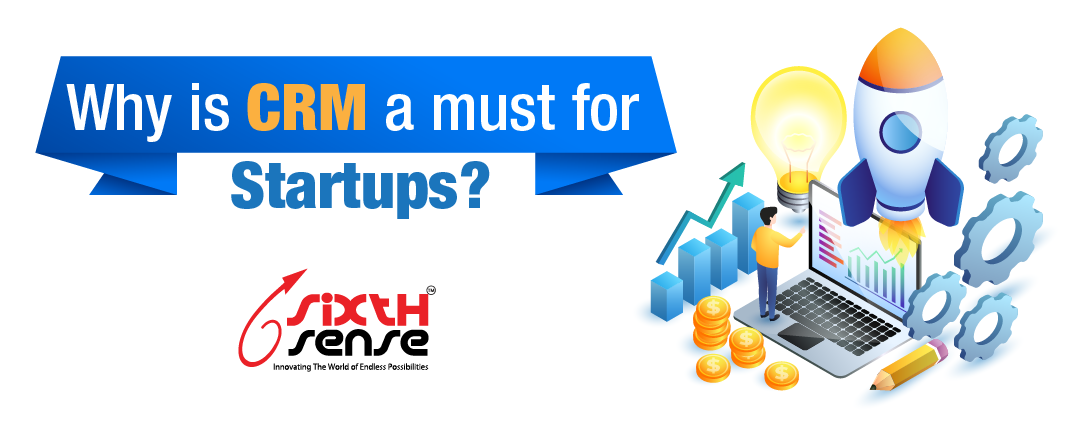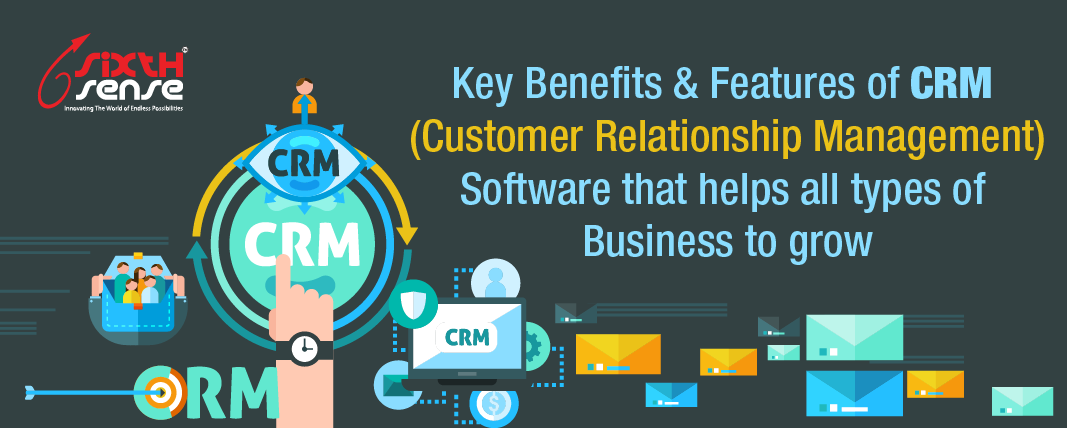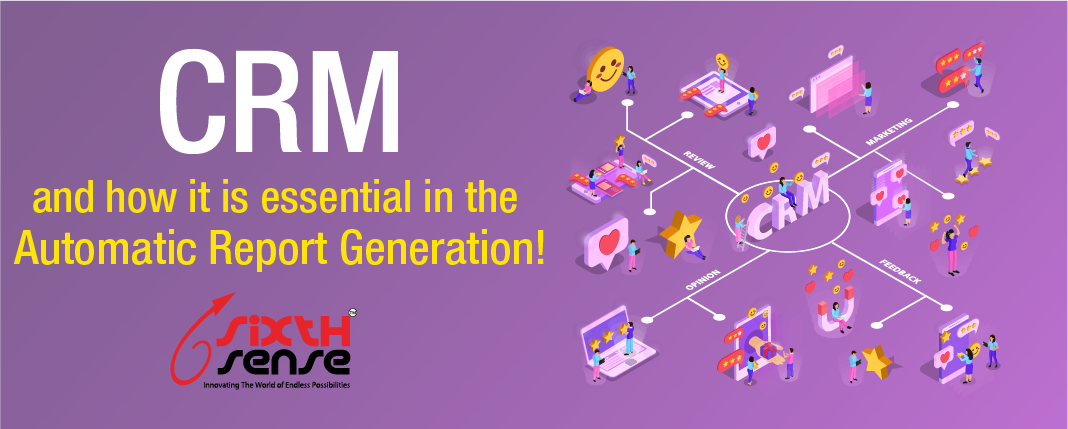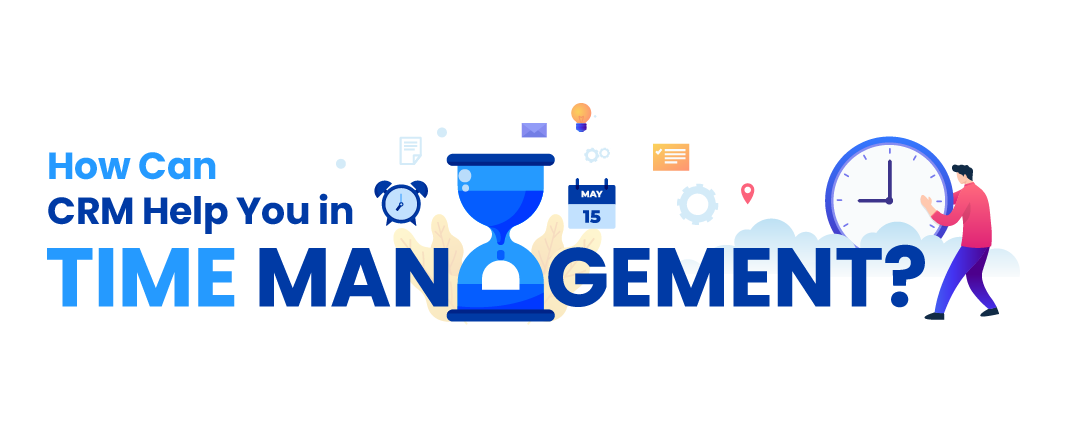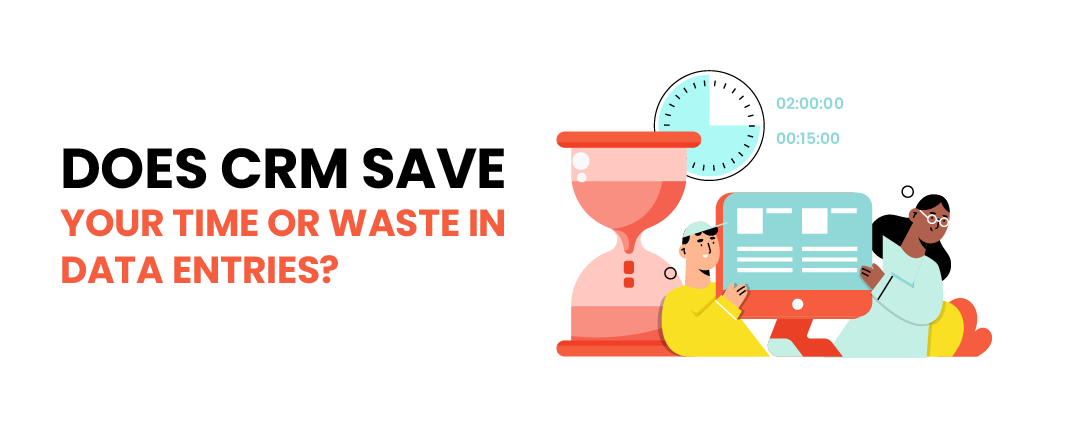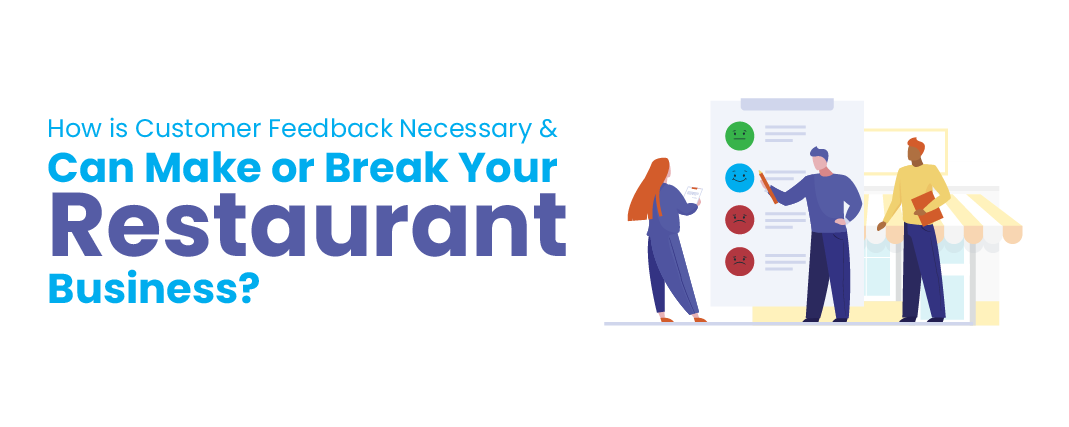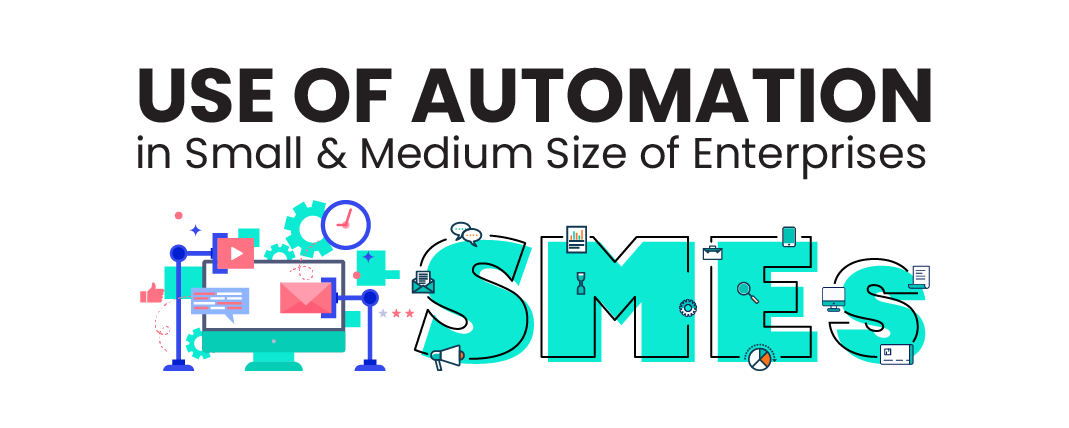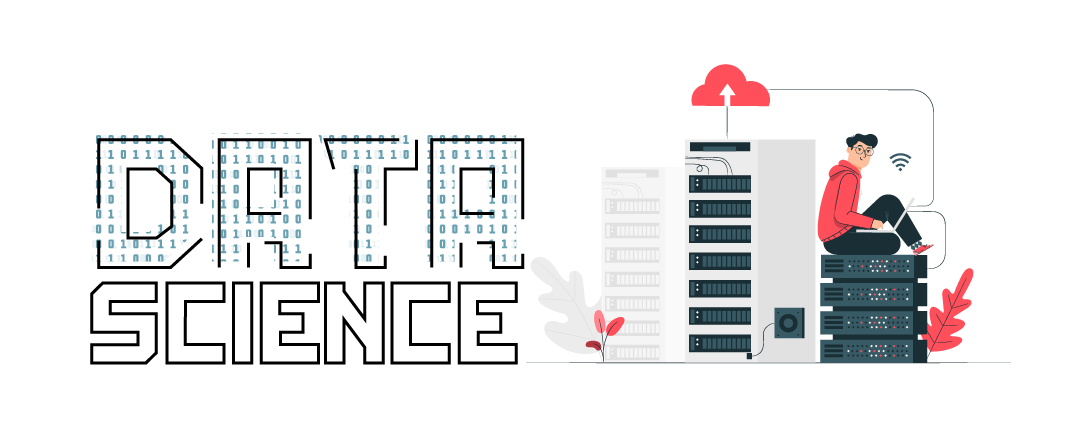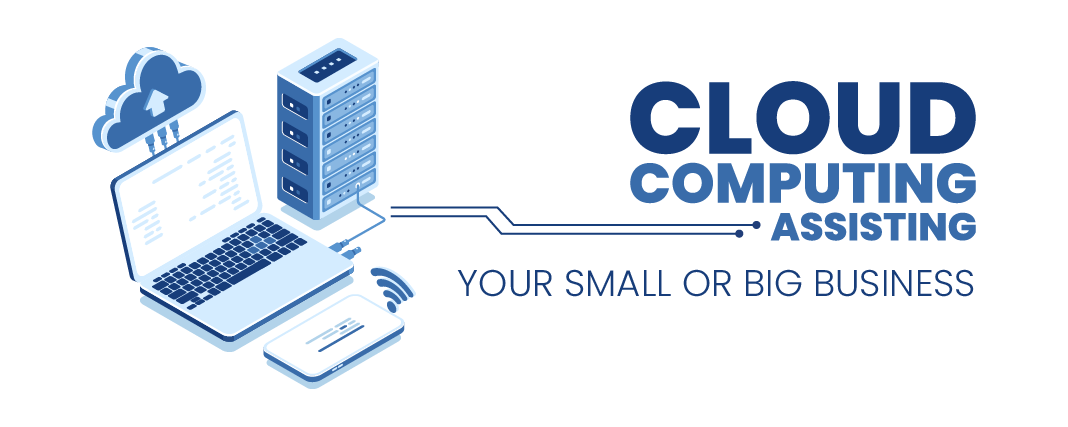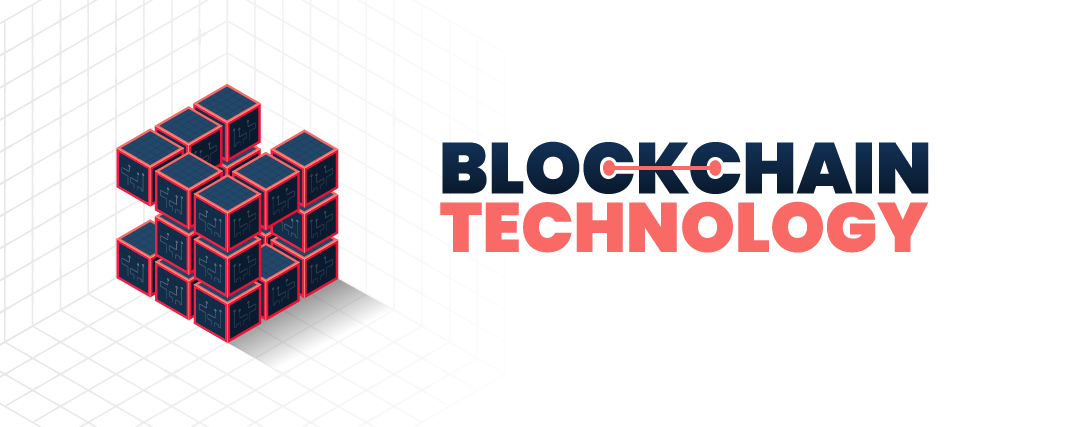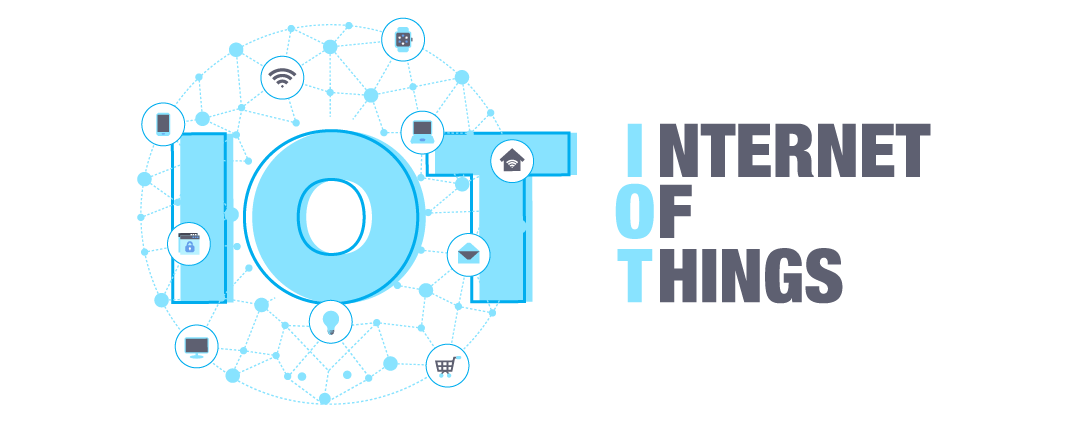
Ways to streamline operations with project management software


Project management software is a computer program designed to help individuals and organizations manage projects more effectively. It provides a centralized platform for planning, executing, and monitoring projects, as well as for managing resources, budgets, and timelines.
Project management software allows users to create, assign, and track tasks related to a project. This helps team members to stay organized, prioritize tasks, and ensure that everything is completed on time.
The software helps in managing personnel, materials, and equipment for the project. It allows users to allocate resources efficiently, monitor utilization, and optimize productivity.
Project management software enables users to track the time spent on each task, helping to manage time effectively and ensuring that projects are completed on schedule.
The software provides budget tracking features that allow users to monitor project expenses, forecast costs, and track progress against the budget.
Project management software generates detailed reports and provides analytics on project progress, resource utilization, budget, and other key metrics. This helps users to identify bottlenecks, make informed decisions, and optimize project outcomes.
Project management software provides a collaborative workspace where team members can communicate, share files, and work together on a project. This helps to improve teamwork, reduce errors, and enhance productivity.
There are many different types of project management software available, ranging from basic task management tools to more complex platforms with advanced features. Some project management software is designed for specific industries or project types, while others are more general purpose and can be used for a variety of projects.
Overall, project management software is an essential tool for individuals and organizations that want to manage projects more effectively, improve productivity, and achieve better outcomes.
Project management software offers numerous benefits to individuals and organizations that use it to manage their projects. Some of the key benefits of project management software include:
Project management software provides a centralized platform where team members can communicate with each other, share updates, and discuss project progress. This helps to reduce miscommunication, improves collaboration, and ensures that everyone is on the same page.
Project management software enables users to track progress, manage resources, and monitor timelines, all in one place. This helps to streamline workflows, reduce bottlenecks, and optimize project outcomes.
Project management software enables users to allocate resources efficiently, including personnel, materials, and equipment. This helps to optimize productivity, reduce costs, and ensure that projects are completed within budget.
Project management software includes time tracking features that help users to manage their time more effectively. Users can track the time spent on each task, identify areas for improvement, and ensure that projects are completed on time.
Project management software provides a collaborative workspace where team members can work together on a project, share files, and exchange feedback. This helps to improve teamwork, reduce errors, and enhance productivity.
Project management software generates detailed reports and provides analytics on project progress, resource utilization, budget, and other key metrics. This helps users to identify areas for improvement, make informed decisions, and optimize project outcomes.
Project management software is scalable, meaning that it can be used for projects of any size and complexity. This makes it an ideal solution for businesses that want to grow and expand their operations over time.
Overall, project management software is an essential tool for businesses and individuals that want to manage projects more effectively, improve productivity, and achieve better outcomes.
Project management software can simplify business operations in several ways. Here are some of the ways in which project management software can streamline and simplify business operations:
Project management software provides a centralized platform for all project-related data, including tasks, timelines, budgets, and resources. This means that users can access all the information they need in one place, without having to search for it in multiple systems.
Project management software includes communication features that enable users to share updates, ask questions, and collaborate with team members in real-time. This helps to reduce miscommunication, delays, and errors that can occur when team members are not on the same page.
Project management software provides tools for planning and scheduling projects, which can help businesses to allocate resources more efficiently and optimize productivity. This can also help businesses to plan for contingencies, and respond more quickly to unexpected events.
Project management software includes resource allocation features that help businesses to manage personnel, equipment, and materials efficiently. This can help to reduce waste, optimize resource utilization, and keep projects within budget.
Project management software includes time tracking features that help businesses to monitor project progress and ensure that projects are completed on time. This can help businesses to optimize productivity, reduce delays, and improve customer satisfaction.
Project management software provides analytics and reporting features that enable businesses to monitor project performance, identify areas for improvement, and make data-driven decisions. This can help businesses to optimize project outcomes, reduce costs, and increase revenue.
Overall, project management software can simplify business operations by providing a centralized platform for all project-related data, improving communication and collaboration, optimizing resource utilization, and enabling businesses to make data-driven decisions. By streamlining and simplifying business operations, project management software can help businesses to improve productivity, reduce costs, and achieve better outcomes.
Ways to streamline operations with project management software
In today's fast-paced business world, project management software has become an essential tool for organizations of all sizes. By using project management software, businesses can streamline their operations, increase productivity, and improve their bottom line. In this blog post, we will discuss some ways to streamline operations with project management software.
Project management software provides a centralized platform where team members can communicate with each other, discuss project progress, and share updates. This eliminates the need for multiple emails and messages, reducing the chances of miscommunication and ensuring that everyone is on the same page.
Project management software allows businesses to track the progress of individual tasks, assign deadlines, and monitor completion rates. This helps in identifying bottlenecks and areas that need improvement, and also enables team members to prioritize their work more effectively.
Time tracking is an essential part of project management, and project management software provides an easy way to monitor the time spent on each task. This helps businesses to track employee productivity, identify areas for improvement, and ensure that tasks are completed on time.
Project management software helps businesses to allocate resources more effectively. This includes managing personnel, materials, and equipment. By optimizing resource allocation, businesses can reduce costs, improve efficiency, and ensure that projects are completed within budget and on time.
Project management software provides businesses with a way to track project expenses, monitor budgets, and forecast costs. This helps in identifying potential cost overruns and making adjustments to ensure that projects are completed within budget.
Project management software provides businesses with detailed reporting and analytics capabilities. This includes tracking key performance indicators, generating progress reports, and identifying areas for improvement. By analyzing data, businesses can make informed decisions and optimize their operations.
Project management software provides a collaborative work environment where team members can share ideas, exchange feedback, and work together to achieve common goals. This fosters teamwork and improves productivity, while also reducing the chances of errors and miscommunication.
In conclusion, project management software provides businesses with a range of tools to streamline operations, increase productivity, and improve their bottom line. By leveraging these tools, businesses can optimize their operations, reduce costs, and ensure that projects are completed on time and within budget.



